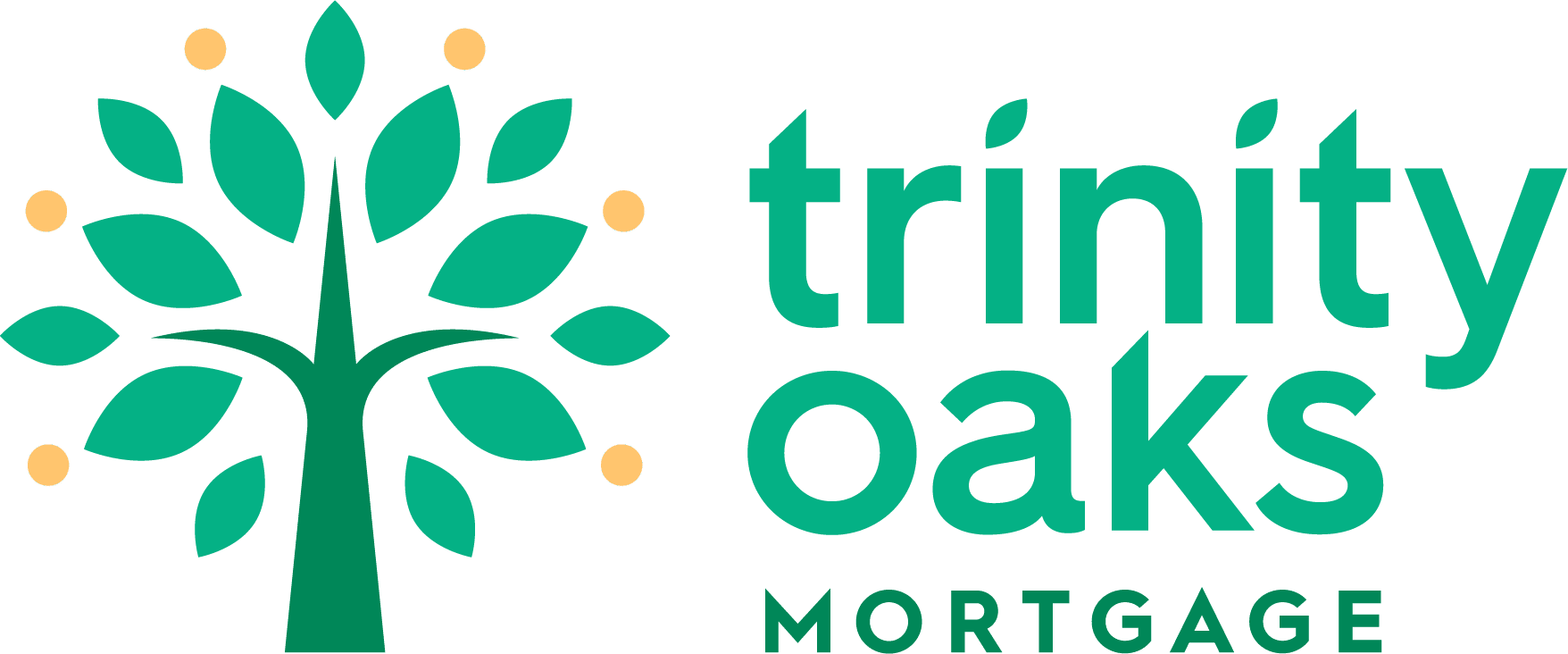You’ve decided it’s time to plant some roots and buy a home. Congratulations! The key to a smooth home buying process is to be prepared and that’s where Trinity Oaks Mortgage is happy to help. Once you’ve done a little research, decided on a budget for your monthly payments and down payment amount, and reviewed your credit, you’ll have a better idea of which type of loan will best suit your needs.
What Are The Different Types of Loans?
There are many different types of mortgage loans, but the most common are government-insured mortgages like FHA, VA, and USDA and those that are not insured by federal agencies such as Conventional and Jumbo loans. Below we will give an overview of these popular options and list a few pros and cons of each loan type to help you identify which type of loan is right best suits you based on your financial situation. As always, it’s best to consult with a mortgage loan officer who will help you choose the mortgage loan that is right for you!
Government Insured Mortgages
There are 3 government agencies that back mortgage loans: the Federal Housing Administration (FHA), the U.S. Department of Agriculture (USDA), and the U.S. Department of Veteran Affairs (VA).
FHA loans help make homeownership possible for borrowers who don’t have a large down payment saved up and may not have a strong credit score. You’ll need a minimum FICO score of 580 if you wish to take advantage of the minimum 3.5% down payment, but you can get by with a credit score of 500 if you put down at least 10%. Private Mortgage Insurance (PMI) is required for loans with less than a 20% down payment. FHA loans can be a great option for first-time homebuyers who may not have a large down payment but are ready to move from renting to owning and begin building equity in their homes.
VA loans are designed to provide flexible, low-interest mortgages for members of the U.S. military (active duty and veterans). A VA loan is a mortgage that is made by private lenders but partially backed by the Department of Veterans Affairs. While there aren’t limits on how much you can borrow, there are limits on how much the VA will guarantee. For those who meet the eligibility requirements, VA loans can be the key to becoming a homeowner. These loans do not require a down payment or PMI and can only be used to finance a primary residence.
USDA loans help moderate to low-income borrowers purchase a home in a USDA-eligible area. You must meet certain income limits to qualify. Some USDA loans do not require a down payment for eligible borrowers with low income but keep in mind that a down payment upfront can help lower your monthly mortgage payments saving you money in the long run.
Pros of Government Insured Mortgages
- Credit requirements are more relaxed.
- A large down payment isn’t needed.
- A great option to help you finance your home purchase if you don’t qualify for a conventional loan.
- First-time home buyers and repeat home buyers alike can take advantage of these types of loans.
Cons of Government Insured Mortgages
- Since a smaller down payment (or no down payment) is required for these types of loans, private mortgage insurance is required if you put down less than 20% of the home’s purchase price.
- If you choose a government-insured loan due to a low credit score, your interest rate will be higher than that of a conventional loan with excellent credit.
- The overall borrowing costs may be higher.
Conventional Mortgages
Opposite of government-insured loans, a Conventional loan is not backed by the federal government. Conventional loans are ideal for borrowers with strong credit, a stable income and employment history, and a down payment of at least 3 percent. There are two categories of Conventional loans known as conforming and non-conforming. Simply put, a conforming loan falls within the maximum loan limits set by the Federal Housing Finance Agency and a non-conforming loan does not. Learn more about conforming loan limits here.
Pros of Conventional Mortgages
- Borrowing costs tend to be lower than other types of loans.
- Conventional loans can be used to finance primary residences, secondary residences, or investment properties.
- If you put down less than 20% and have PMI, you can ask to cancel the PMI once you have gained 20% equity in your home
Cons of Conventional Mortgages
- You will need to have a FICO score of 620 or higher to qualify for a conventional loan.
- Your debt to income ratio will need to be no more than 45 to 50 percent.
- Significant documentation is required to verify income, assets, down payment, and employment.
Jumbo Mortgages
Since Jumbo loans are non-conforming this means the home’s purchase price exceeds federal loan limits. The loan limit for a single-family home in 2018 was $435,100 in most parts of the U.S. Jumbo loans are more common in areas where home prices are higher and these types of loans make sense for more affluent buyers purchasing a home in this type of area. Borrowers should have good to excellent credit, high incomes, and a substantial down payment.
Pros of Jumbo Mortgages
- You are able to borrow more money to buy a home in a high-cost area.
- Interest rates tend to be competitive for this type of loan.
Cons of Jumbo Mortgages
- A down payment of 10-20% is needed.
- You’ll need a FICO score of 700 or higher (although you may be able to get by with a 660).
- Your debt to income ratio cannot be above 45%.
- You’ll need to prove that you have significant assets in cash or your savings account.
Are you interested in applying for a Home Loan?
Trinity Oaks Mortgage, one of the area’s leading mortgage lenders has vast experience in dealing with many different loan types in Texas. We’re available to answer any questions, help determine if you are eligible, and guide you through the home loan process.
APPLY NOW
If you or someone you know is interested in securing home financing, let’s talk! Submit the below form and we will connect you with one of our expert Loan Advisors near you.




Recent Comments